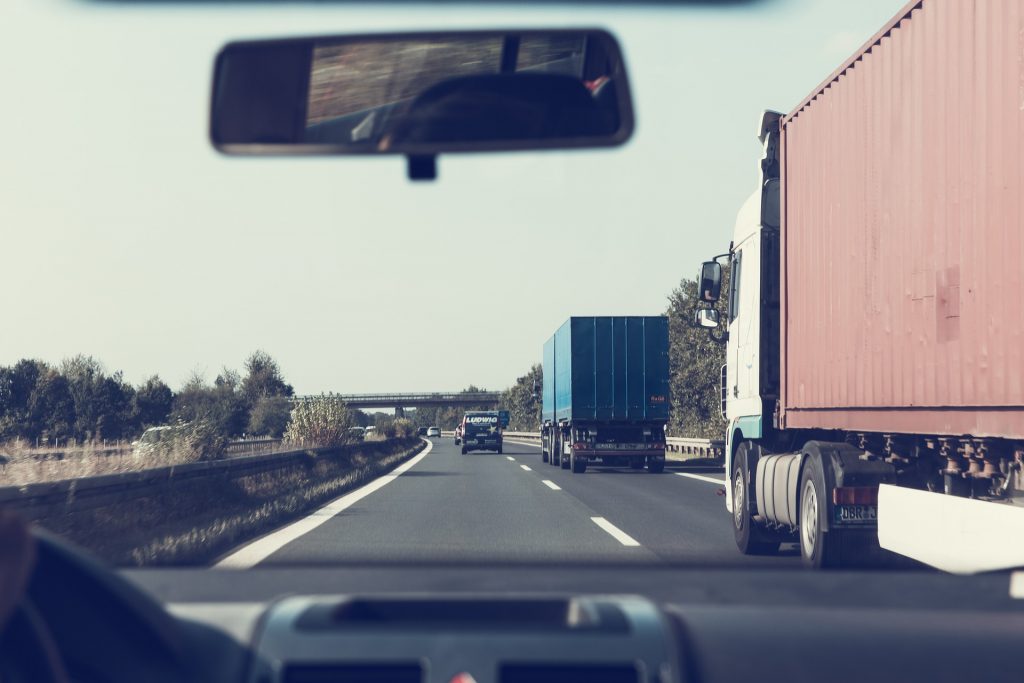Fuel efficiency is something that has become one of the priorities for the majority of people on the road. Even with vehicle manufacturers delivering more eco-efficient vehicles than ever before, fuel consumption is one of the primary concerns among all drivers especially professional ones. HGV medical licence. This concern only heightens as the fuel prices continue to rise. However, unless your company is investing in hyper aerodynamic kits, the driver is in complete control over the fuel efficiency of the vehicle. Because of this, we have put together some of the best tips that should help you maximise your fuel savings on each trip you take.

Master Block Changing
This is something that you might do without even knowing you’re doing it. However, far too few drivers use it as much as they should. This is the practice of skipping through the gears that aren’t necessary to use at the speed you’re going. For instance, if you are looking to drive on the highway, you can skip the middle gears that you shouldn’t be using anyway. That way, you can go from low gear to high gear without the slow transition. There have been numerous studies that have shown that the drivers that use this method of shifting gears end up saving on fuel costs as compared to those that go through all of the gears linearly. The reason for this is relatively simple. Your engine isn’t being forced to work harder because you will be able to go directly to the gear you need to be at for the speed at which you are driving. This can reduce the amount your engine has to rev which can reduce fuel consumption. Also, it’s safer because it means you spend more time with your hands on your wheel rather than on the gear shifter. This is better because you have more time to react by having your hands where they need to be.
Use Cruise Control
If you are looking to reduce fuel consumption, you should be leveraging cruise control. You want to use this as much as possible whenever it’s a good idea. This is something that can reduce the amount of fuel you waste because it will keep your vehicle at a consistent speed. This can minimise the number of times you rev your engine because you won’t need to accelerate often with it on. After all, every time you use the accelerator, you are going to be using more fuel. Even the smallest fluctuations will cause your vehicle to waste more gas. Over a longer trip, the differences can be substantial.
Harnessing Resistance
Resistance is something that everyone on the road has to deal with. However, the larger your vehicle, the more resistance you encounter. After all, if you are carrying around extremely heavy loads over significant distances, you will be faced with a lot of resistance from not only the air but also gradient and rolling resistance. Because of this, it will require a lot more fuel to keep your vehicle going. While this isn’t very easy to counteract, there are certain things that you can do to minimise the impact it has on your fuel usage. For one, you should try to find better routes that have fewer hills. This alone can help to minimise your gradient resistance. Try to get new tires for your vehicle as well to reduce the resistance you are faced with on the road. Try to keep your tyres completely inflated at all times according to the manual. Getting specialist tyres is a good way to reduce resistance and to maximise your fuel savings by up to 6%.
Avoid Being Idle
While it may be tempting to leave your engine on during the colder months to keep your heater running, that’s not something that you are going to want to do to maximise your fuel efficiency. Every moment your vehicle is standing at idle is going to be throwing money out the window. There has been plenty of research that shows that a standard engine can consume fuel at nearly 2 litres per hour even while it’s completely idle.